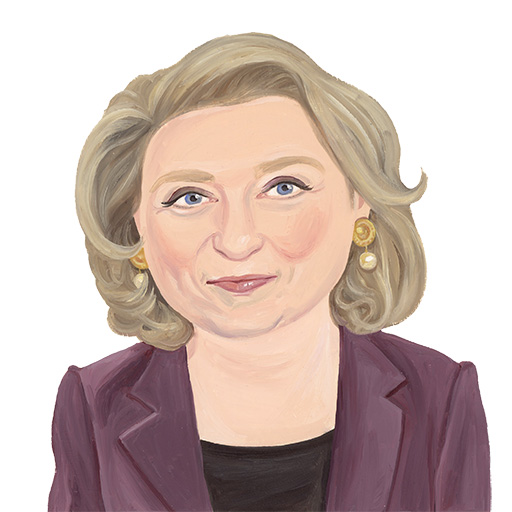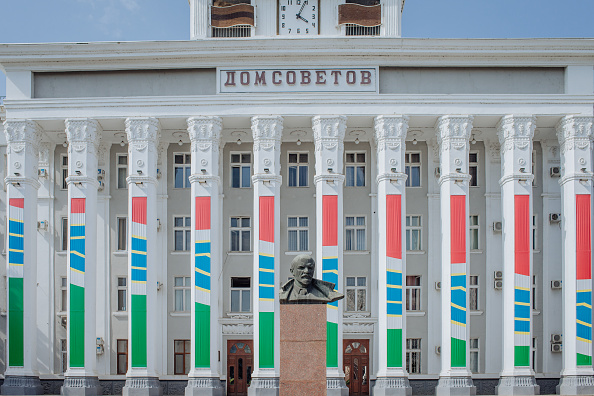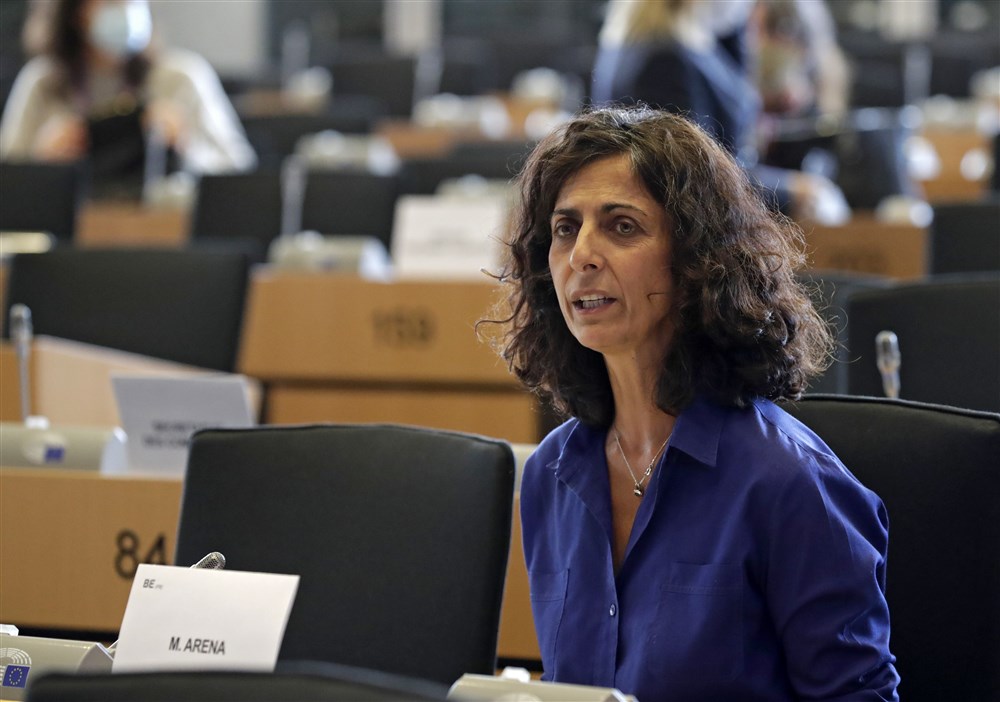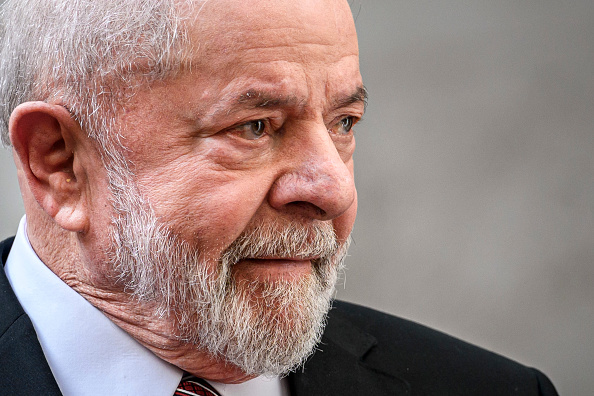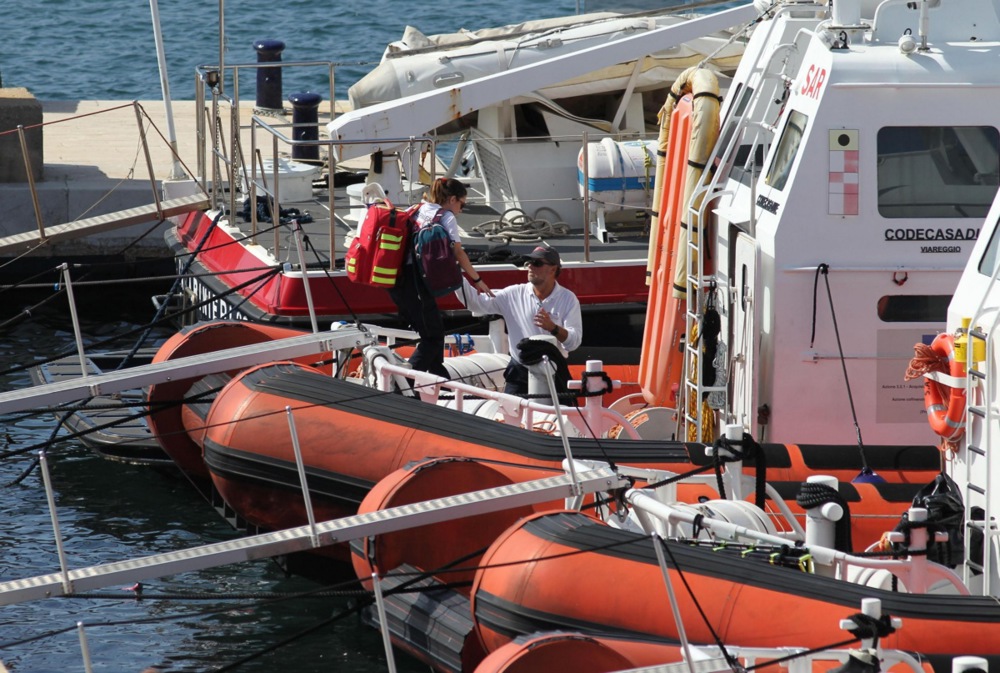They can look like Michael Jackson’s Moonwalking Dead in his Thriller video, and seem about as relevant. In this burning summer of 2023, when it’s never rained so much and when our trust in politics has never been so low, the old war horses of decades past are plotting their return, convinced that their time has come again
Ségolène Royal, Tony Blair, Frans Timmermans, even King Juan Carlos of Spain are betting that nostalgia for calmer and more certain times will make them look better in comparison to the current crop. Their forerunner may well be Benjamin “Bibi” Netanyahu, who has come back to a third premiership with a refreshed reputation of being a moderating force over the small religious parties in his coalition. He is seemingly aiming for Silvio Berlusconi’s political longevity, or even Malaysia’s Comeback Kid, Mahathir Mohamad, who won his country’s PM job for a second time at 95.
Take the publicity-obsessed Socialist Ségolène Royal, a very vivacious and elegant 69, whose first political job was for President François Mitterrand in 1982. Her first Cabinet post came ten years later.
Rather than summering within that stretch of Provence between the Rhône at Avignon and the Alps at Digne (the Riviera is so déclassé), she has been busy travelling, tweeting, signing her latest book, tweeting, attending Left-wing summer conferences, moderating (if the verb can be applied to her) feminist debates, and tweeting. She has also been preparing her debut as a talking head in France’s most controversial (and most popular) talk show, Cyril Hanouna’s Touche Pas À Mon Poste (Don’t mess with my TV). This programme makes the late Jerry Springer sound like the BBC World Service.
Madame Royal is, in other words, on manoeuvres. Trounced by Nicolas Sarkozy back in the 2007 presidential election, she made it all about the supposed refusal of the French to elect a woman president. Yet when Sarko’s successor François Hollande, who happens to be the father of Ségolène’s four children (but had left her for a younger model in 2007), appointed her Minister for the Environment, she ranted at anyone suggesting that this was at least partly due to their three-decades-long relationship.
All the same, Ségolène (like Boris Johnson, everyone calls her by her first name) took her portfolio to heart, scenting a unique opportunity to rebrand herself as an eco-warrior. She introduced eco-taxes on lorry traffic that in 2013 caused the forerunner of the Yellow Vests revolt against her ex-partner. Demonstrations and roadblocks by the “Red Caps” immobilised most of Brittany, where her green charges was first tried out.
Unfazed, Ségolène still sees herself today as France’s Net Zero champion. During her most recent travel to Congo-Brazzaville, she thundered at the “ecological injustice” caused by Western countries to the global South. These, she said on local television, “only produce 3 per cent of greenhouse gases, while suffering 78 per cent of the damage. We are not doing enough and must keep our promises.”
Ségolène Royal’s usual pot-stirring M.O. make Twitter (or X, as we must learn to call it) seem designed for her. Sex discrimination in the workplace, the ECB raising interest rates, energy costs, the reopening of a coal-fired power station, selection at universities, the possible kidnapping of a three-year-old (“Have every cellar, every attic been searched?”), everything is grist to her X feed, endlessly churning to keep her in the news cycle.
When he was first elected, Emmanuel Macron thought it convenient to make her “Ambassador to the Poles”, hoping to, er, freeze her out. This only lasted three years, with the Ambassador spending more time in the Seventh Arrondissement in Paris, giving interviews criticising the President, than in Antarctica or the Svalbard Isles.
Can she make yet another comeback? She has spread her bets: on the one hand, she hopes Macron’s fragile coalition will be in need of Green votes, and give her a shot at a Cabinet job. On the other, she has been courting the Mélenchonistas of the hard Parliamentary Left, supporting them as the “real Left” last year. “She’s the Gérard Depardieu of politics,” one moderate Socialist quipped to Le Parisien newspaper. “She’s had great parts, but right now, she’s a bit all over the place.”
“All over the place” hardly applies to Tony Blair, the Cool Britannia PM of the late 1990s-early 2000s, once the golden leader of New Labour, listened to by world leaders and even Queen Elizabeth II, but felled by his gung-ho participation in the Iraq war. Blair, 70, has always aspired at international leadership: his hopes of bagging an extended job as President of the EU died with the Brexit vote. But even before that, his private consulting work for some controversial foreign leaders (Presidents Nursultan Nazerbayev of Kazakhstan or Abdel-Fattah el-Sisi of Egypt), has raised enough eyebrows to ensure that Blair, a shrewd operator, has been recalibrating his trajectory in recent years. The revelation by the Sunday Times that he once considered giving a knighthood to Bashar Assad, the unsavoury Syrian dictator, will not have helped – and his reputation clearly was in need of some burnishing.
With the prospects of a Labour victory next year, no-one was surprised to find one Blair, Anthony, suddenly suggesting policy options to Sir Keir Starmer, the eminently decent and respectable party leader, who’s not one of life’s firebrands.
Like Ségolène Royal, Blair has been weighing in on climate change. Unlike “Ségo”, his is a voice for realism, suggesting that all Britain’s costly efforts towards net zero will still have a “negligible” effect compared with China’s carbon output.
Blair sees Britain playing to its strengths by “financing the energy transition” — a stance that coincidentally resonates a great deal more with British voters. No wonder that Starmer has “brought in Blair from the cold”, as one headline put it recently: the two were seen schmoozing on stage three weeks ago at the annual conference of… The Tony Blair Institute for Global Change. Starmer has already cherrypicked an aide from there for his campaign team, Marianna McFadden.
Frans Timmermans, once the Dutch Foreign Minister (2012-2014) as a member of the Netherlands’ centre-left Labour Party, and now the Executive vice-president of the EU Commission in charge of the European Green Deal, is returning to Dutch politics. He sees an opportunity after the collapse of his old boss Mark Rutte’s government. He has announced he will run in November’s general election, in an alliance between Labour and the Green Party.
Whether this is a felicitous choice remains to be seen, considering that Rutte fell due to Green inspired policies that provoked the ire of Dutch farmers (forming their own party, the Farmer Citizen Movement, they now have enough seats in the upper house to block legislation, forcing the coming election).
Even older warhorses are scenting, perhaps mistakenly, the possibility of a return to relevance, influence, even appreciation. Disgraced King Juan Carlos I of Spain, 85, who for 3 years has lived in self-imposed exile in Abu Dhabi after newspapers revealed he had made a series of lucrative deals in Saudi Arabia, has decided to come back home, to the dismay of his son, King Felipe VI. The last judicial investigations against him were dismissed last March.
Juan-Carlos is keeping a low profile, but hopes to salvage his place in history: not so much that of an affairiste with many mistresses (which after all is a very Bourbon thing to be) as the King who stopped a tentative putsch by pro-Franco officers taking briefly the Cortes (Parliament) hostage in 1981. Older Spaniards remember his part in ushering in democracy in the early post-Franco years. As a result, the former king remains more popular than his son.
In a country where another general election is likely, it’s possible the main democratic parties, neither of which managed to reach a majority, will find comfort in looking back fondly at the heady days of La Movida.
Can it work? Each democratic country, like Tolstoy’s unhappy families, does democracy in a different way. But most of them today are today marked by political fatigue, disappointment with the latest crop of politicians, increased polarisation and a general feeling of having exhausted most solutions.
Sometimes a nation can do worse than returning like a horse to the stable, there to be reunited with a safe pair of hands for a bit.
